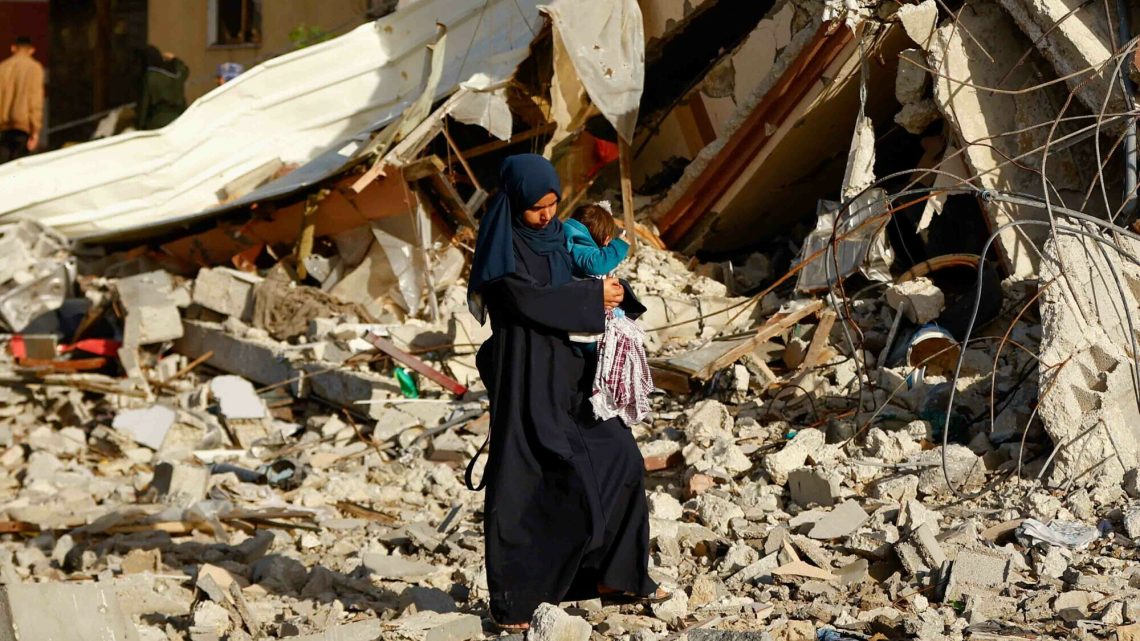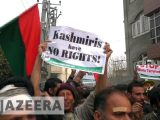
India’s Aggressive Seizure Campaign in IIOJ&K
November 28, 2023In a concerning development, the Hindutva regime in India, spearheaded by the Bharatiya Janata Party (BJP), has intensified its campaign to suppress dissent in the disputed region of Jammu and Kashmir. Reports from Srinagar indicate that the Indian government, under Prime Minister Narendra Modi and Home Minister Amit Shah, has compiled a list of over 4,000 private properties for imminent confiscation. This move follows the sealing of approximately 500 properties in the territory since 2019, signaling an alarming escalation in the suppression of voices advocating for the resolution of the Jammu and Kashmir dispute through the UN-recognized right to self-determination.
The list, meticulously gathered by India’s notorious State Investigation Agency and National Investigation Agency, includes a diverse array of properties such as agricultural land, schools, houses, and offices owned by Kashmiri individuals. The targets of this aggressive campaign are those who have been accused of advocating for the resolution of the long-standing dispute through the legitimate channels of the United Nations. These individuals, associated with groups like Jamaat-e-Islami, Hurriyat organizations, as well as journalists, social activists, and religious leaders, find themselves particularly targeted by the Indian Home Ministry and its agencies.
The Modi government’s ruthless approach is evident in its utilization of property seizures as a tool to stifle the voice of the people of Jammu and Kashmir, who seek their UN-recognized right to self-determination. The official justification for these confiscations is rooted in allegations that the targeted individuals have been actively advocating for a resolution outside the confines of the Indian government’s narrative.
Since 2019, the Modi regime has sealed around 500 properties, and now, with an additional 4,000 on the list, the situation in the disputed region appears increasingly precarious. A senior official has disclosed that the formalities for the seizure of these properties will be completed soon, highlighting the imminent threat faced by those whose homes, schools, and places of work are marked for confiscation.
The oppressive tactics employed by the Hindutva regime underscore a broader strategy to quell any opposition to its policies in Jammu and Kashmir. By targeting influential groups such as Jamaat-e-Islami and Hurriyat organizations, along with journalists, social activists, and religious leaders, the Indian government seeks to dismantle any organized resistance that challenges its control over the narrative surrounding the disputed territory.
This aggressive posture not only violates the fundamental rights of the affected individuals but also raises serious concerns about the Modi government’s commitment to democratic principles. The use of property seizures as a means of stifling dissent not only curtails the right to freedom of expression but also undermines the democratic values that form the cornerstone of India’s constitution.
The international community must closely monitor these developments in Jammu and Kashmir and hold the Indian government accountable for its actions. The UN, in particular, should play a proactive role in ensuring that the people of the region are afforded their right to self-determination without fear of reprisals. As the Hindutva regime intensifies its grip on the disputed territory, the global community cannot afford to turn a blind eye to the erosion of democratic norms and human rights in one of the world’s most contested regions.

